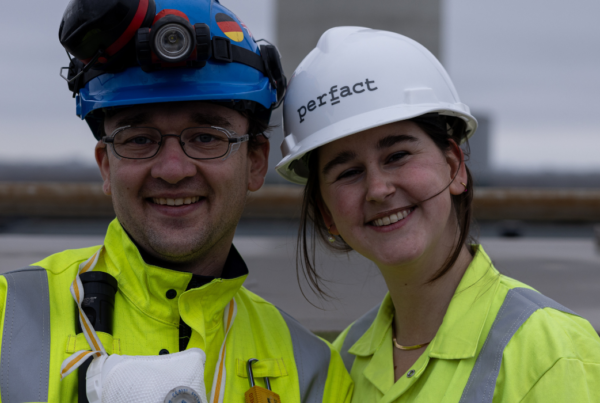One day, whilst enjoying his evening meal at a restaurant, Pablo Picasso—the world’s most influential artist at the time—got interrupted by a fan who handed over a napkin to him and said, “could you sketch something for me? I’ll pay you for it. Name your price.”
In response, Picasso pulled out a charcoal pencil from his pocket and swiftly sketched an image. The man reached out to collect the napkin, but Picasso withheld it. “You owe me $100,000,” he said. The man was outraged. “$100,000? Why? That took you no more than 30 seconds to draw!” Picasso then crumpled up the napkin and stuffed it into his jacket pocket. “You are wrong,” he said. “It took me 40 years.”
Usually a text that pops into my head when I get the question ‘What is your hourly rate’. It says little about the value we will or should deliver. Money is a condition. But should it be a condition for the hours worked or the result delivered?
In our view, a client should never suffer if we perform less one day; after all, sometimes you don’t have the right solution immediately. We should also avoid selling high-impact knowledge at a too low price, thus limiting our development in new areas of expertise.
On the other hand, we do of course understand that clients are looking for a simple way to budget, to know what something costs and to compare us to other competitors, and that certainly with secondments, the hourly rate is a tangible metric.
In my opinion, the hourly rate is nothing more than a simplified summary of various assessments and facts. A person’s experience often counts, the number of years they have worked for a company, their education, references, etc. Performance criteria abound, with people mainly looking at their own organisation. But actually there is only one good yardstick and that is the value of the performance itself from the perspective of the client. Can that be expressed in an hourly rate?
It is good to standardise the rates for common tasks in order for clients to not face any surprises, but I also think that companies that second specialists and experts will eventually be able to work less and less with the simple ‘placement’ and/or ‘recruitment and selection’ of people. In many cases, it is more appropriate to consider an alternative filling of the need beforehand.
Secondment may still be the most appropriate option for the client. But in my opinion, we need to make a change to project-based work with a clear scope, delivery times and prices. The need for this ‘thinking outside the box’ is very actual after all. There is a scarcity of well-trained technical staff, the newspapers are full of it. This scarcity can be partially resolved by assigning these employees to a well-defined project more efficiently and effectively.
For many, including us, this means that before submitting a tender, we need to know what the current situation is of the client, but also how quickly the client can adopt our services. And that, of course, is quite a challenge. Because it is based on more knowledge and experience and the risks are different.
After all, it remains difficult to predict early on the ‘value of the result’ and ‘effort to achieve the result’. This is what makes project management so complex. It is built on a relationship of trust between the client and the contractor at an early stage. The trust must be there so that we can be open to deviations and understand why they may happen.
Old-fashioned secondment will change to fixed-price projects. In my opinion, this is a good development. It requires a better goal and a better approach. This makes the whole process more effective and efficient. Especially in the current labour market with limited availability of higher educated technical personnel, the motivation should no longer be to sell as many man hours at the highest possible hourly rate. Instead, it should be about the result at a desired price; only in this way you can steer on the quality of deployment.
We are approaching the end of the year and we have already applied this approach with several clients last year. And with success. We have also noticed that the cooperation has become more sustainable. Reason enough for us to apply this to more clients next year.
Happy holidays!
Coppe
As Director of Perfact Group
Coppe regularly shares his vision on entrepreneurship
and/or matters that concern him on a daily basis.



